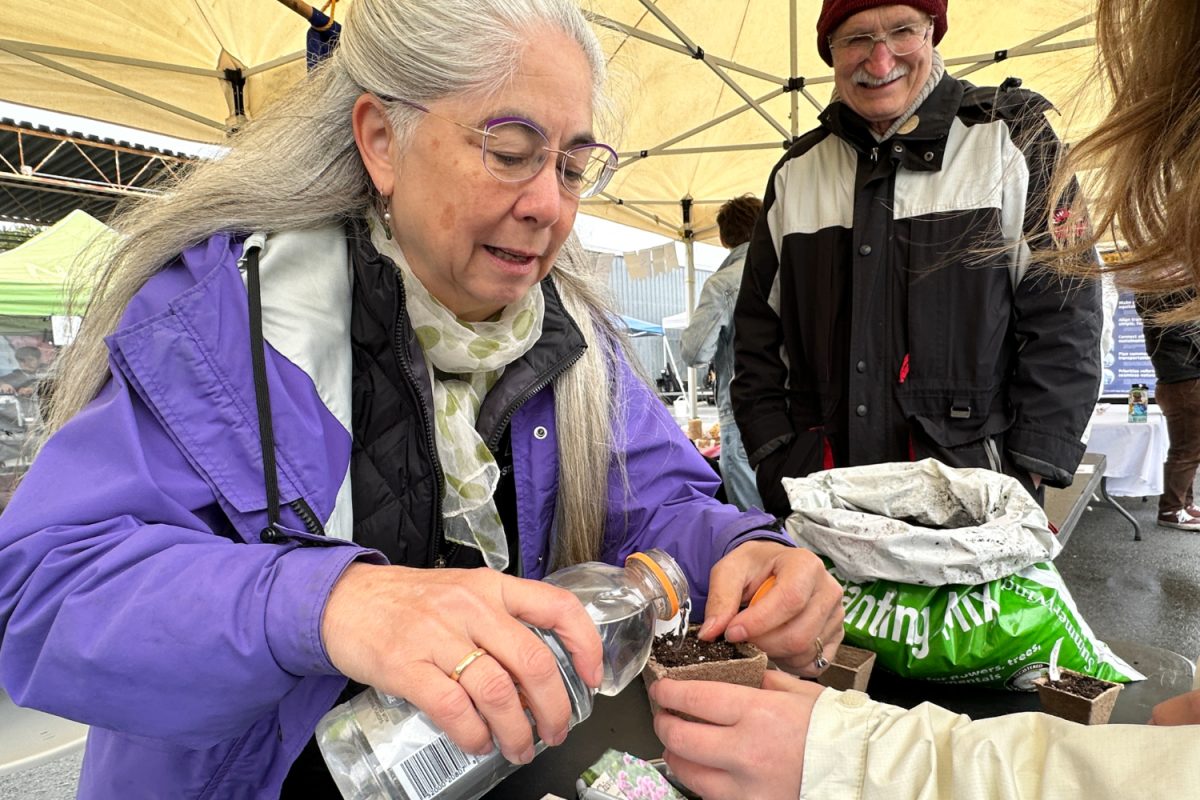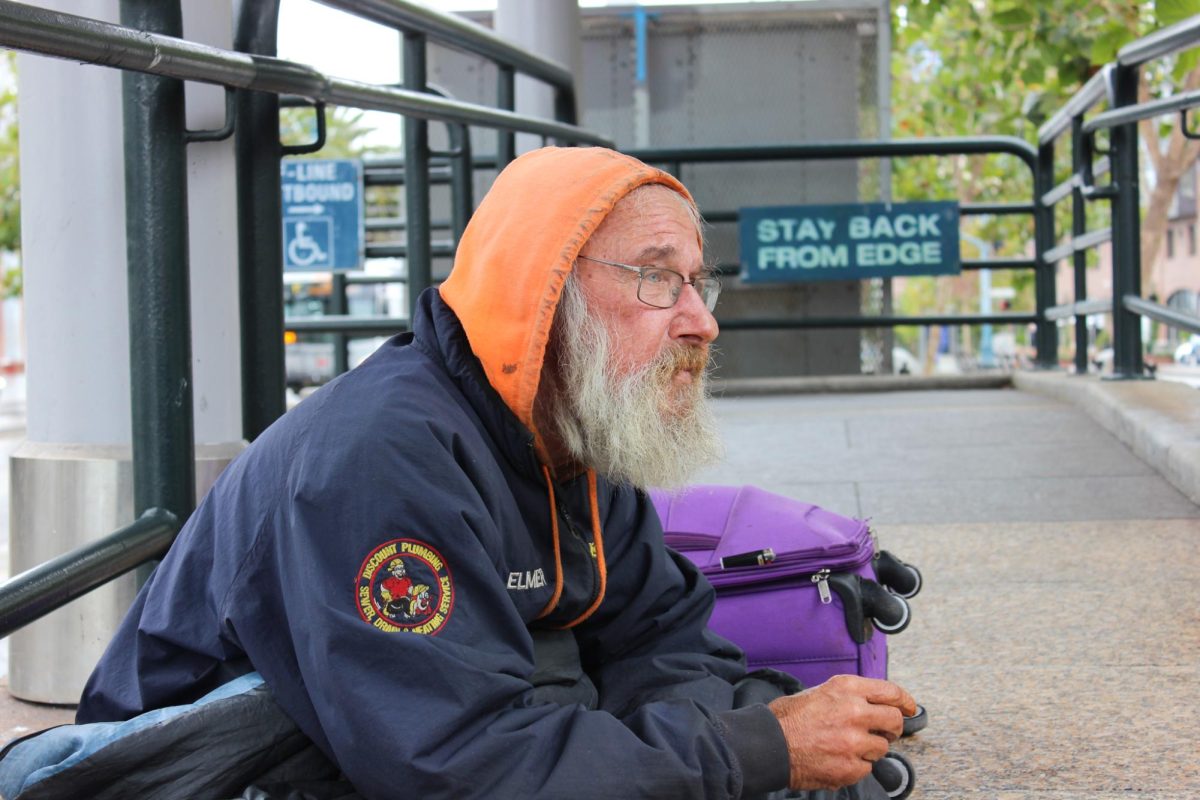The U.S. Senate unanimously passed a bill that will make daylight saving permanent a short while ago. The Sunshine Protection Act calls to establish a new permanent standard time, starting in Nov. 2023.
“Just this past weekend, we all went through that biannual ritual of changing the clock back and forth and the disruption that comes with it,” said Sen. Marco Rubio, a bill sponsor, on the Senate floor. “And one has to ask themselves after a while, ‘Why do we keep doing it? Why are we doing this?'”
The traditional practice of daylight saving in the U.S. has stuck for decades. Although daylight saving did not officially become law until 1966 as the Uniform Time Act, the concept of “saving” daylight was first adopted by the country during WWI in 1918 in hopes of saving energy. People would be able to spend more time during the day and consume less electricity at night.
A study made by the U.S. Department of Energy in 2008 showed that daylight saving trimmed off 0.5% of electricity consumed per day, equivalent to a total of 1.3 trillion watts over the year.
Some states have been pushing the U.S. Congress to allow individual states to choose to make daylight saving year-round in recent years. Rubio first introduced the Sunshine Protection Act in 2018 and again in 2019, though both proved unsuccessful in moving on from the Senate. However, the most recent bill introduction last year has done so.
The current daylight saving law comes with benefits. For some, prolonged daytime allows more time to lead a healthier lifestyle.
“I love daylight savings because whenever the sun is out, I always feel more productive and happier,” said Clarissa Lai, a senior at Carlmont.
According to a study from 2015, daylight saving also makes doing activities throughout the day much safer. It discourages crimes, with rates that drop by 7% overall and 27% later in the day, compared to not in daylight saving time.
However, daylight saving creates various health and safety problems too. The bi-annual time shift is known to cause various health problems, such as strokes and heart attacks, especially in the older demographic. The change also harms the human biological clock.
I don’t think that many would be upset if they weren’t forced into getting more or less sleep than usual. On top of that, it will make the constant clock changing days after daylight saving much less confusing for everyone.
— Paul Zhou
“Daylight saving serves as nothing but a bi-annual interruption in the circadian rhythms of people nationwide,” said Paul Zhou, a sophomore at Carlmont. “Although it does feel nice to be able to sleep in an extra hour in November, sleeping an hour less in March is sheer agony.”
As a result, there are mixed opinions on the current daylight saving law, though many feel it can be done away with.
“I think people are able to adjust and adapt very quickly to change, so the law might face some backlash from a few people at first, but in about a year or so, I feel like most people would have forgotten about it,” Lai said.
Even though the Senate has passed the 2021 Sunshine Protection Act, there is still a long way to go before it becomes a law. The House of Representatives and President Joe Biden still need to approve the bill. Not only that, but Congress would need to make amendments to the current daylight saving law to put the new one into effect. However, the House and Biden have yet to act on the bill.
Despite this, people remain hopeful for the future of daylight saving. “I know this is not the most important issue confronting America, but it’s one of those issues where there’s a lot of agreement,” Rubio said. “I think a lot of people wonder why it took so long to get here.”























